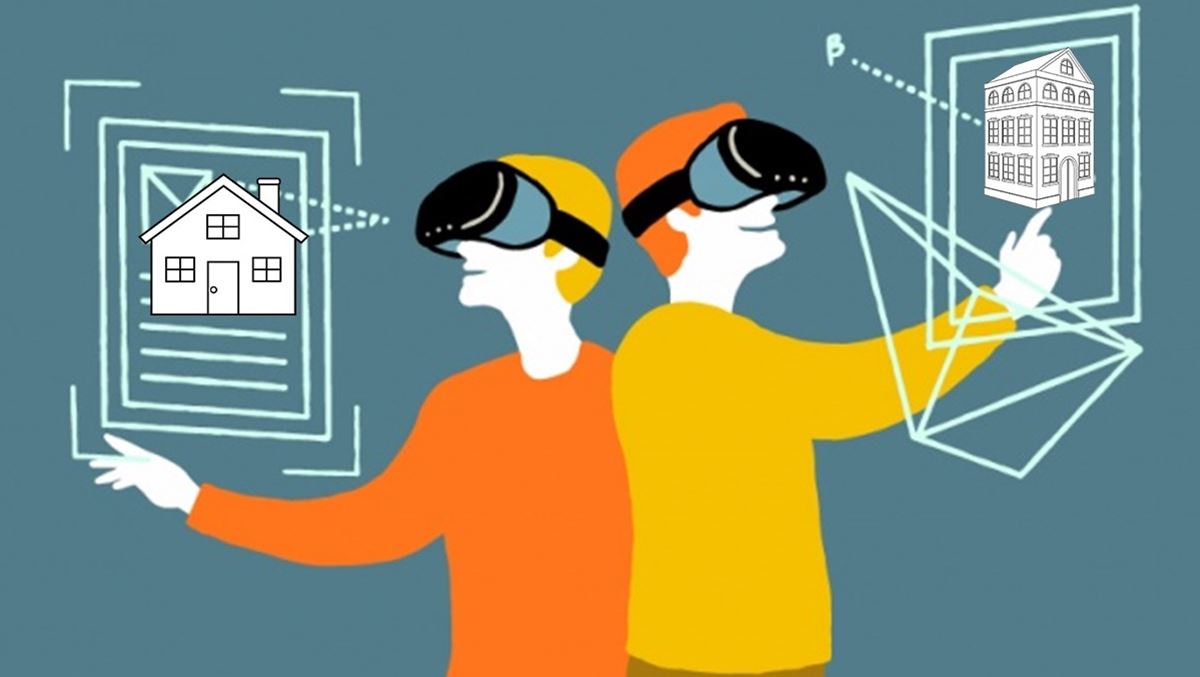The real estate business has always been viewed as conservative and resistant to change, but technological advancements profoundly transform its environment. Proptech – the merger of property and technology – is a developing sector that is changing how we purchase, sell, rent, and manage properties worldwide. At its core, it uses technological advances to streamline procedures, improve efficiency, and enhance user experiences in real estate. Proptech is fueling an unparalleled surge of innovation, from virtual property viewings and digital transactions to data analytics and smart home technology.
The alteration of property transactions is one of the most significant effects of Proptech. Traditional techniques involving mountains of paperwork and time-consuming procedures are giving way to digital platforms that simplify and accelerate the purchasing and selling process. These services provide virtual property tours, allowing potential buyers or tenants to examine properties remotely, saving both parties time and resources.
Also Read: 7 lessons to learn from this year’s investment mistakes
Smart home technology has also played a role in transforming the real estate sector. From linked gadgets that regulate security systems, lighting, and temperature to energy-efficient appliances, these advances improve homeowners’ comfort, convenience, and energy savings. As a result, residences outfitted with such technology are becoming more popular, impacting property values and market preferences. Moreover, Proptech has accelerated the development of crowdfunding platforms and digital finance solutions, which has democratized real estate investing. Through these platforms, individuals may now join in property investment projects with lower cash contributions, diversifying their investment portfolios and gaining access to possibilities formerly reserved for bigger investors.
The influence of Proptech on property management is another notable feature. Innovative software and applications ease landlord and property manager obligations by streamlining activities such as tenant screening, rent collecting, and maintenance requests. This automation not only saves time but also improves tenant satisfaction, resulting in higher retention rates. Proptech has a worldwide reach that transcends geographical borders. While developed economies have welcomed these technologies, emerging nations are now adopting Proptech solutions to meet their specific real estate concerns. This technological democratization can bridge the gap between established and new markets, supporting global prosperity and innovation.
However, despite its transformational potential, Proptech confronts constraints such as data security issues, legal impediments, and the requirement for industry-wide acceptance. Overcoming these difficulties will need stakeholder engagement, regulatory adaptability, and ongoing technology developments.
In short, Proptech is more than a fad; it represents a fundamental shift in the real estate paradigm. Its disruptive impact is altering established processes, opening up new opportunities, and providing a look into a future in which technology and real estate seamlessly intersect to build smarter, more efficient, more inclusive property markets throughout the world. Embracing this technology tsunami is no longer an option; it is a need for those who want to prosper in the ever-changing real estate industry.
(By Priyatham Kumar, Founder of Homes247. Views are personal)
